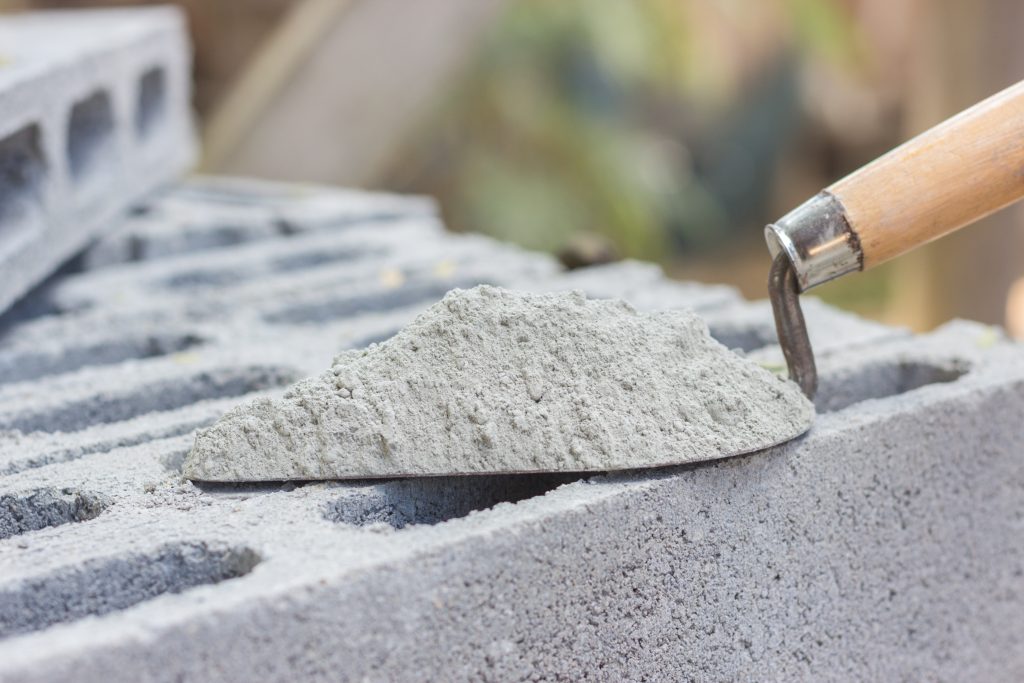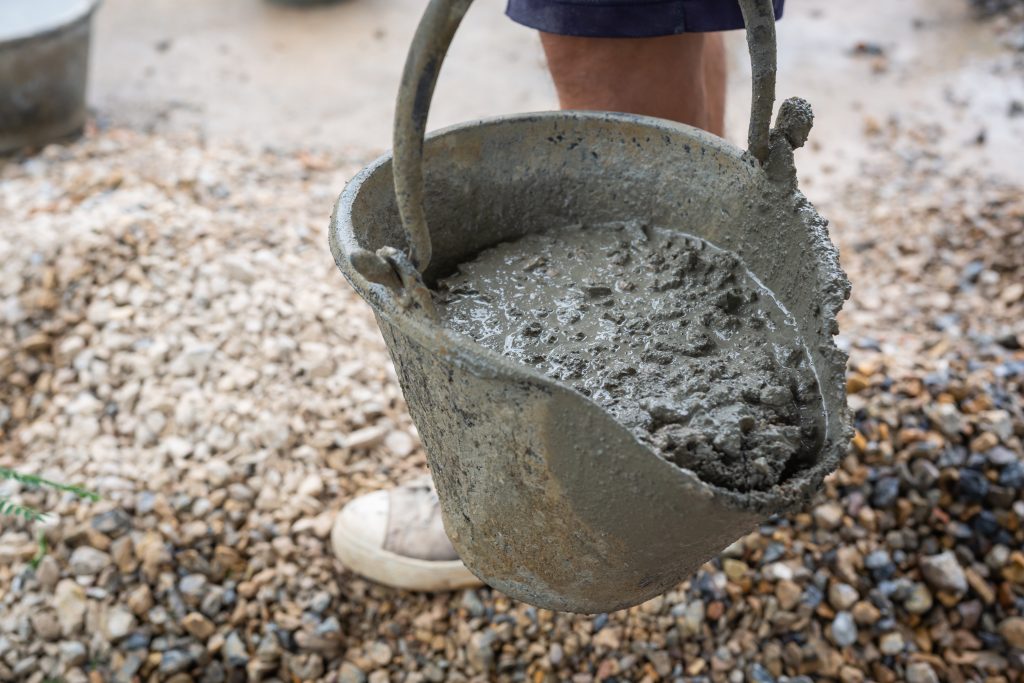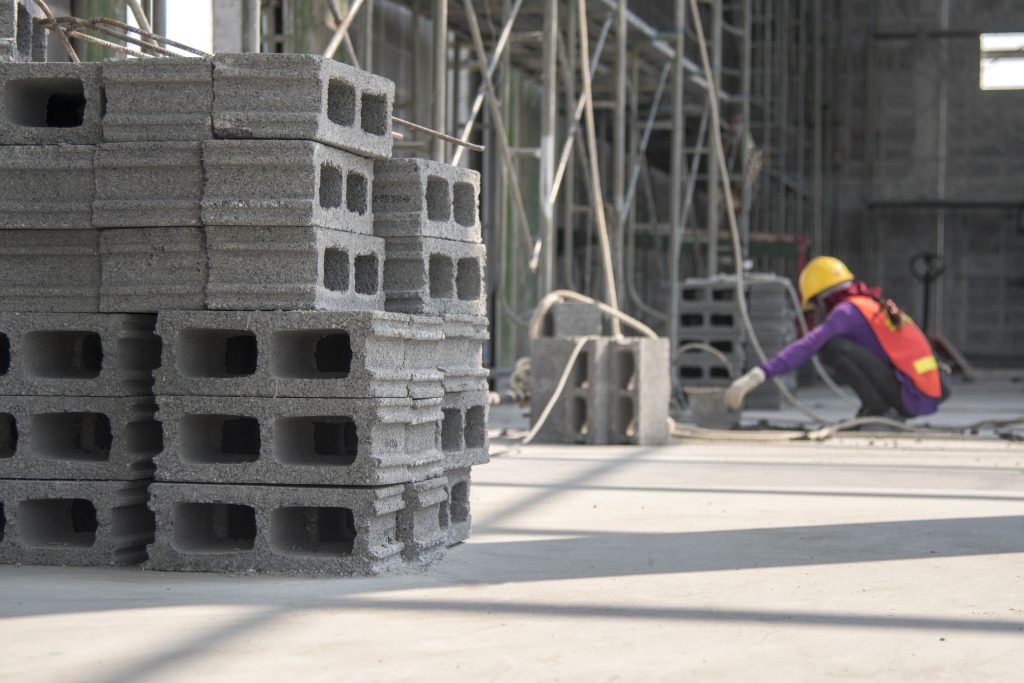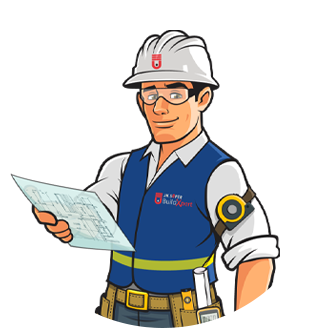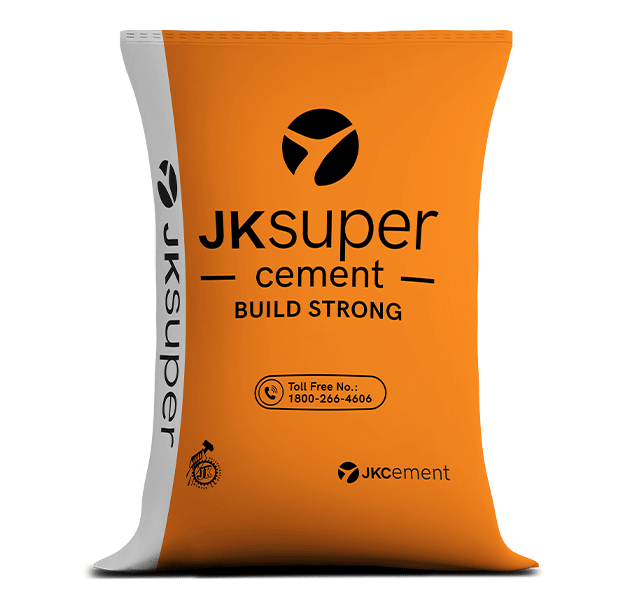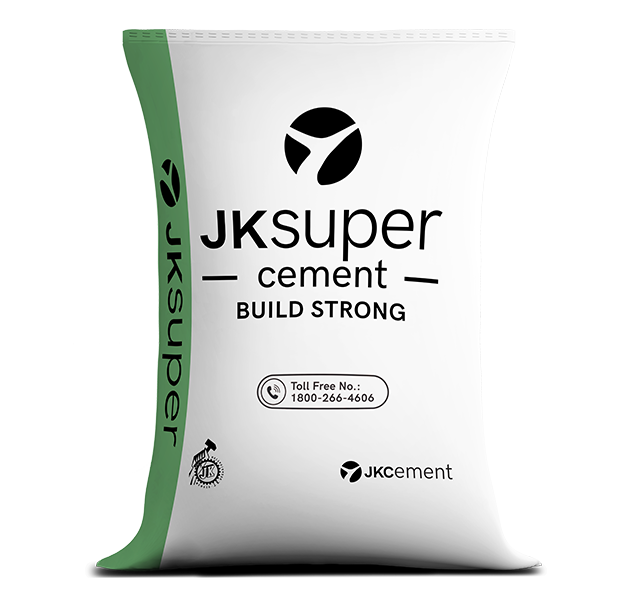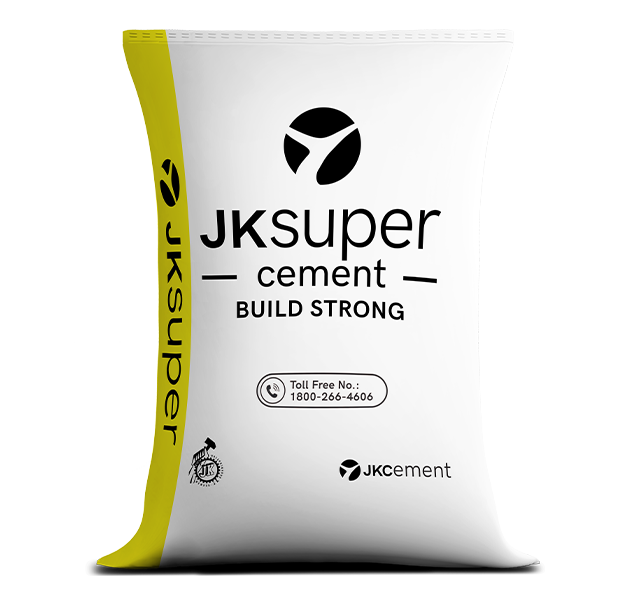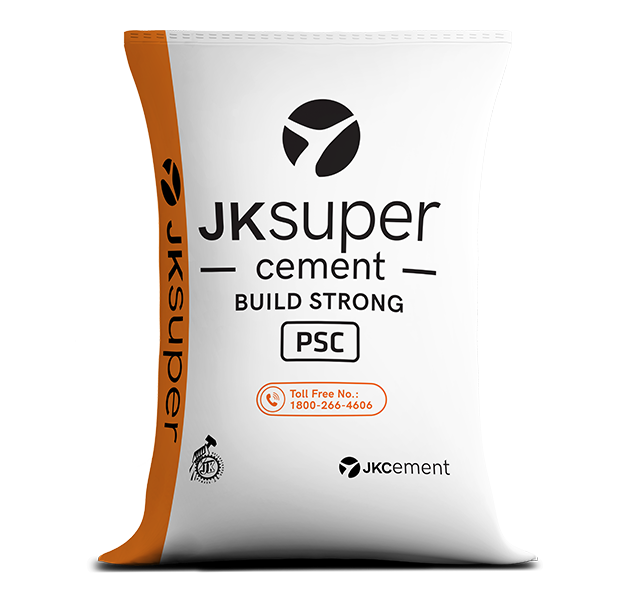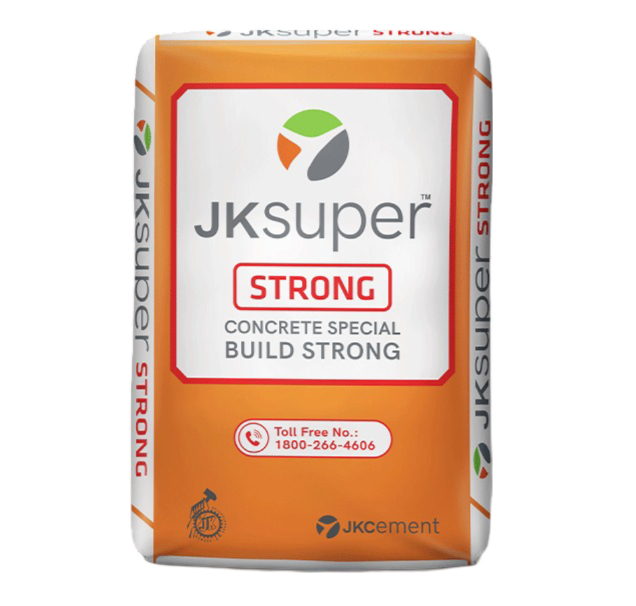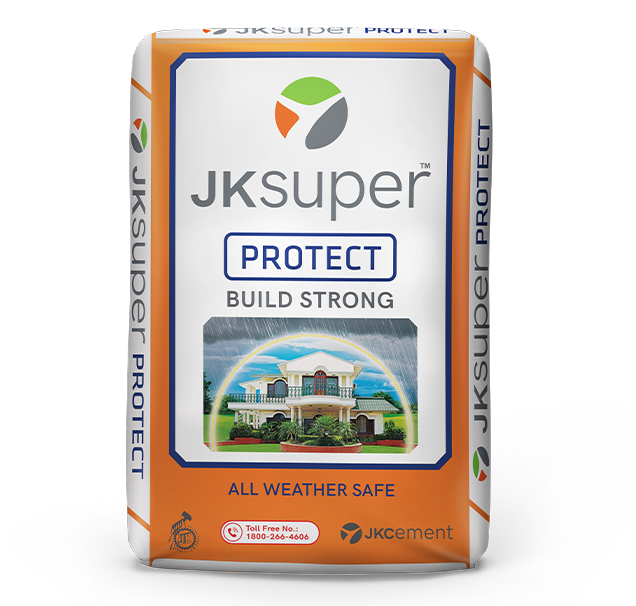Concrete, which is made by mixing cement, water and aggregates, comes in various grades. To achieve the desired grade, the constituent of concrete are mixed in a certain specific ratio. Different construction projects call for different grades of concrete. Here, you can get information on M7.5 concrete ratio, its components, factors that affect its quality and more.
What is M7.5 Concrete Ratio?
M7.5 concrete ratio refers to the mixing proportion of concrete used in construction. It is a measure of the volume of cement, sand and aggregate. The M7.5 ratio is a common mixture used in the concrete industry, typically consisting of 8 parts of aggregate to 1 part of cement and 4 part sand. The optimal ratio varies depending on factors such as the desired strength, workability and application of the concrete.
Components of M7.5 Concrete Grade
The components of M7.5 mix concrete ratio include:
Cement:
Cement is the primary binding agent in concrete. It reacts with water to form a paste that binds the other components together.
Fine Aggregates:
Fine aggregates are generally composed of sand or a combination of sand and crushed stone. They fill the spaces between the larger coarse aggregates and help to provide a smooth and workable concrete mix.
Coarse Aggregates:
They are usually made up of crushed stone, gravel or a combination of both. These larger particles provide strength and bulk to the concrete mixture.
Water:
Water is necessary for the chemical reaction to occur between cement and other components, leading to the hardening of concrete.
Admixtures:
Admixtures are optional components that can be added to the concrete mix to enhance its properties or modify its behaviour. Examples of admixtures include plasticizers, air-entraining agents and accelerating agents.
Purpose and Use of M7.5 Concrete
M7.5 ratio concrete is a specific grade of concrete that is used where a moderate level of strength is required. The purpose and use of M7.5 concrete can vary depending on the specific project requirements. Here are a few common applications:
Footings and Foundations:
M7.5 concrete ratio is often used for footings and foundations in construction projects. It provides sufficient strength to support the load of the structure.
Floor Slabs:
It can be used for floor slabs/PCC in residential and light commercial buildings. It offers a suitable level of strength and durability for these applications.
Paving:
M7.5 concrete is sometimes used for paving applications such as pathways, sidewalks or driveways. It provides a durable surface that can withstand foot traffic or relatively lighter vehicular loads.
Precast Concrete Elements:
M7.5 concrete can also be used for manufacturing precast concrete elements such as blocks, pipes or other similar products.
Strength and Durability of M7.5 Concrete Ratio
M7.5 concrete ratio is designed to have a characteristic compressive strength of 7.5 megapascals (MPa) after 28 days of curing. This compressive strength value represents the maximum load that the concrete can bear before it fails under compression.
In terms of durability, M7.5 concrete mixture is suitable for various non-structural and light-duty applications. The specific durability of M7.5 concrete can be influenced by factors such as the quality of materials used, proper curing methods and the environmental conditions to which the concrete is exposed.
In short, M7.5 concrete is suitable for applications where the concrete is not subjected to heavy loads or significant stress.
Factors Affecting M7.5 Concrete Quality
Several factors can affect the quality of M7.5 concrete ratio. Here are the key factors to consider:
Water-Cement Ratio:
The M7.5 cement ratio plays a crucial role in determining the quality of M7.5 concrete. It affects the workability, strength and durability of the concrete. Maintaining the appropriate water-cement ratio is essential to achieve the desired performance.
Cement Quality:
The quality and type of cement used in the mix significantly impact the strength and durability of the concrete.
Aggregate Quality:
The quality and characteristics of the aggregates, such as sand and coarse aggregates, influence the overall quality of the concrete. It is crucial to use well-graded, clean and durable aggregates to produce good-quality concrete.
Curing:
Proper curing ensures the development of strength and durability in concrete. Adequate curing methods, such as maintaining moisture and temperature levels, should be followed to facilitate optimal hydration and strength gain.
Admixtures:
The use of admixtures or additives can enhance the properties of concrete. They can improve workability or reduce water content, depending on the specified requirements.
Environmental Conditions:
Environmental factors such as temperature and humidity can impact the quality of concrete. Hence, proper measures should be taken to mitigate any adverse effects during mixing, placing and curing.
Start the journey of building a durable home with superior quality cement for concrete from JK Cement.
FAQs
What are the main uses of M7.5 concrete ratio?
M7.5 concrete ratio is commonly used for structural elements that require moderate strength. This includes footings and foundation walls, residential floor slabs/PCC, small-scale construction projects, pavements or walkways and precast concrete elements.
What is the role of aggregates in M7.5 concrete quality?
Aggregates (both fine sand and coarse stones) act as fillers in the concrete mix. They have a crucial impact on workability, strength, and durability of the M7.5 concrete mixture. Quality and well-graded aggregates ensure a well-compacted and durable structure.
How do admixtures impact M7.5 concrete properties?
Admixtures can enhance the properties of M7.5 concrete. The type and amount of admixtures used should be carefully selected based on the specific requirements of the construction project.
What factors affect the compressive strength of M7.5 concrete?
Factors affecting the M7.5 concrete mixture include water-cement ratio, cement quality, aggregate properties, curing process and use of admixtures.
How to check the quality of M7.5 concrete?
The quality of M7.5 concrete is typically assessed through slump tests for workability, compression tests for strength and durability tests.
Can M7.5 concrete be used for load-bearing structures?
Yes, it can be used for load-bearing structures, but it is typically used for moderate load-bearing applications.

